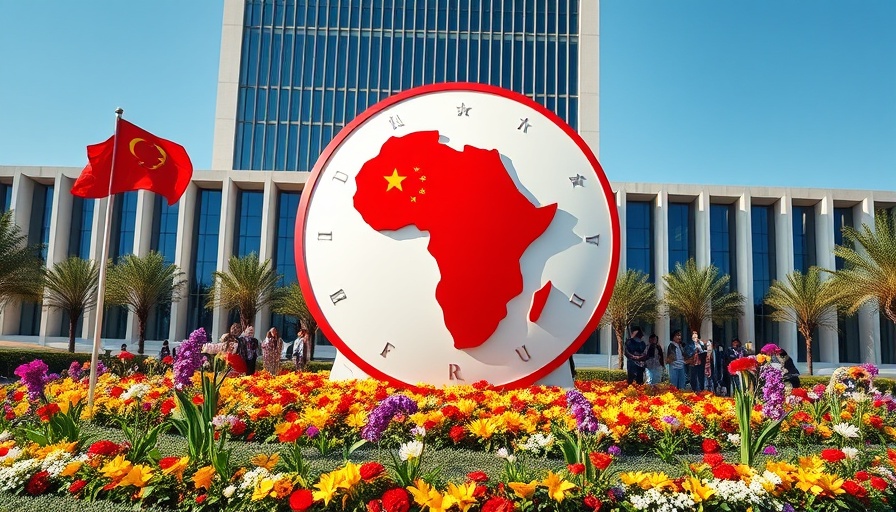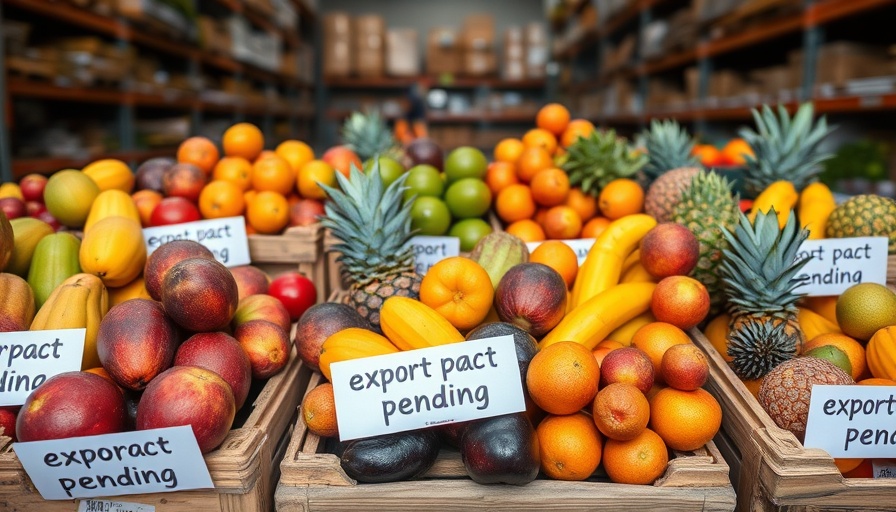
China-Africa Cooperation: A New Era
The Beijing Summit of the Forum on China-Africa Cooperation (FOCAC), held in September 2024, marked a pivotal moment in the relations between China and African nations. As leaders gathered to chart a collaborative path forward, the summit laid out a six-point proposition aimed at driving modernization across the continent. This new chapter reflects not only the ambitions of both regions but also mutual respect and the recognition of shared challenges.
Global Context: A Response to Geopolitical Challenges
In a world increasingly marked by geopolitical tensions and economic challenges, the Beijing Summit represents a robust response to the perceived self-interest of global powers, particularly the United States. With tariffs being employed as tools of policy, developing nations, including those in Africa, face significant hurdles in fostering growth and development. Here, the unity between China and Africa illustrates a commitment to redefine cooperation beyond traditional balances, focusing instead on shared futures.
Building Trust Through Strategic Alliances
The strengthening of political mutual trust between China and Africa is evident in their ongoing engagements. President Xi Jinping’s congratulatory messages during key diplomatic events exhibit the deepening ties, with annual visits by Chinese officials to African nations underscoring this commitment. The strategic dialogues have laid the groundwork for effective cooperation, aligning both regions’ interests while ensuring support for their sovereignty and developmental goals. This renewed focus emphasizes the establishment of an all-weather community that promotes mutual growth.
Financial Commitment: A Strong Financial Backing
Post-summit, China has pledged substantial financial assistance to Africa, amounting to RMB130.32 billion yuan. This significant support aims to bolster infrastructure, education, health, and technology initiatives throughout the continent, creating pathways for modernization. This financing aligns with broader initiatives like the Global Development Initiative, emphasizing China’s commitment to fostering economic resilience in African nations, especially in the face of rising global uncertainties.
Partnership Beyond Economics: Broader Initiatives
Beyond economic investments, China and Africa are collaborating on a series of initiatives focusing on technology and innovation. Areas such as renewable energy, digital platforms, and e-commerce are seeing accelerated growth within the framework of their partnership. With Africa’s diverse markets and China’s technological prowess, both regions stand to benefit from shared knowledge, leading to advancements in sectors like fintech and smart city development.
Looking Ahead: Future Trends and Opportunities
As both regions navigate the complexities of the 21st century, the Beijing Summit has set the stage for a promising future. Emerging technologies such as AI, blockchain, and digital payment systems are likely to reshape economic landscapes. The focus on digital transformation demonstrates both parties’ commitment to addressing the tech skills gap, fostering innovation hubs, and embracing disruptive technologies that enhance economic growth.
Conclusion: A Call to Embrace the Future
The Beijing Summit signifies more than just a strategic alliance; it indicates a profound shift towards collaborative modernization. With the emphasis on technology, financial investments, and building diplomatic trust, both China and Africa have the potential to redefine their futures. For executives, decision-makers, and entrepreneurs, the insights gathered from this summit provide a roadmap for navigating the evolving landscape of global partnerships. As we witness the unfolding of these developments, it becomes imperative to engage with these opportunities and support the efforts that uphold mutual growth and prosperity.
 Add Row
Add Row  Add
Add 




Write A Comment